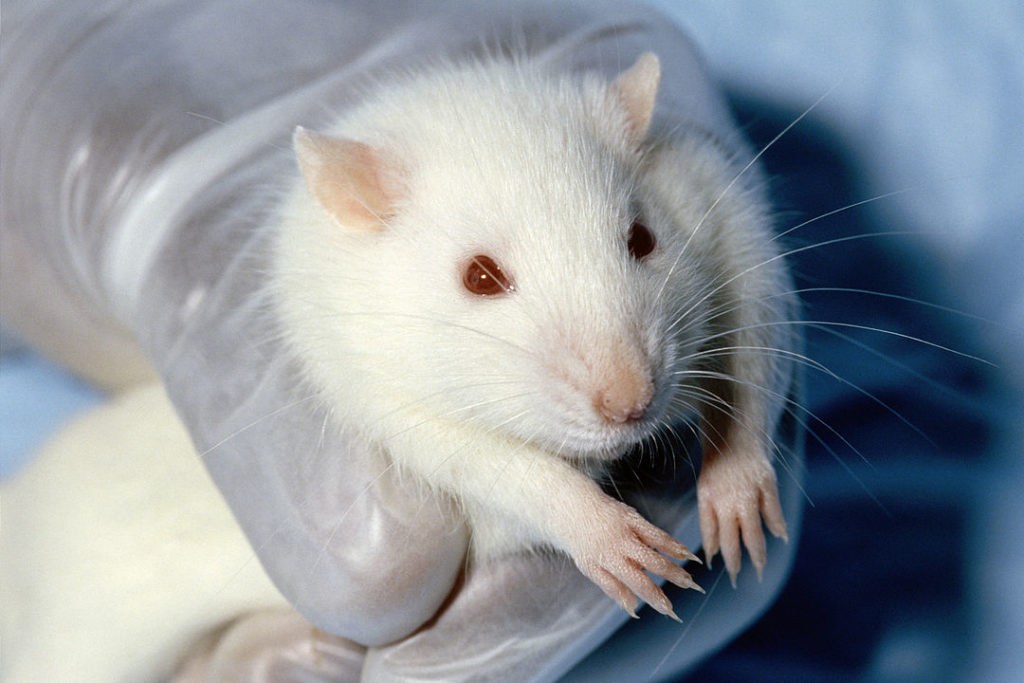The Brussels regional government has awarded a grant of €60,000 to the Free University of Brussels (VUB) to finance research into finding an alternative to the use of laboratory animals in experiments.
The news was announced today by Bernard Clerfayt (DéFI), minister for animal welfare, to coincide with World Animal Day 2020.
In 2018 the Brussels government introduced legislation outlawing experiments on dogs, cats and primates from 2020. At the same time, it set 2025 as the date for reducing all other types of animal experimentation by 20%.
The new rule would mean an effective ban on safety tests using animals – for the testing of medicines, food supplements and vaccines on animals prior to testing on humans – unless the test was absolutely necessary, and no alternative was available.
And in any case, the prior approval of the animal welfare ministry would be required.
According to then-minister Bianca Debaets (CD&V), the government had already been supporting the work of Professor Vera Rogiers of the VUB, who used cultures of human cells as an alternative to using live animals.
Now, the VUB wants to develop a new research model in the search for a treatment for liver fibrosis, a build-up of scar tissue on the liver caused by injury or inflammation. The aim of that model, too, is to avoid the use of animals.
“Science has advanced to provide alternatives that do not involve laboratory animals, based on human cells and providing results more relevant to humans,” Clerfayt said. “It is of fundamental importance that this kind of method can be developed, and that the objective of eliminating all animal testing is kept in mind.”
According to the Belgian animal rights campaign organisation Gaia, some 22 million living animals are used in the European Union in one year for laboratory experiments.
“Belgium is one of the major consumers of laboratory animals, in the top five of member states with the highest number of laboratory animals suffering severe pain, and in fourth place in terms of the number of laboratory dogs,” Gaia says.
According to figures collected by Cruelty Free International (pdf) meanwhile, Belgium used 566,603 laboratory animals in 2015, the most recent year for which there are figures, 21% fewer than a decade earlier, and good for a 17th highest place in the world.
The United States led the table, followed by China, Germany and Japan.
Alan Hope
The Brussels Times

